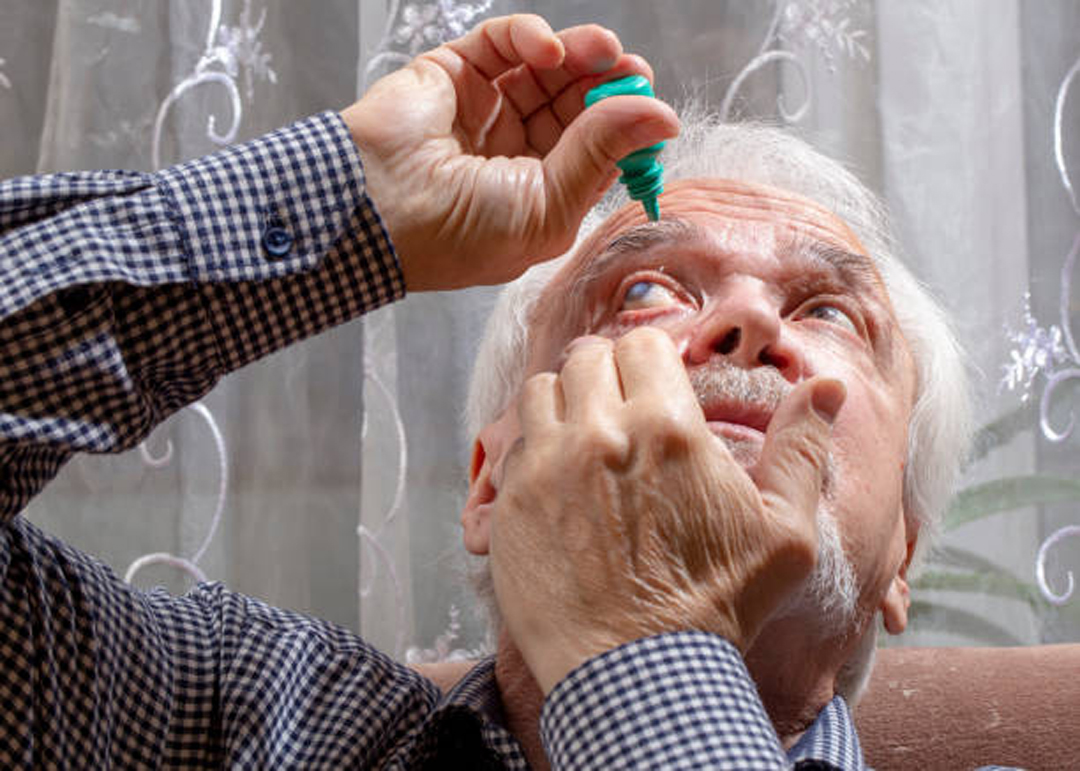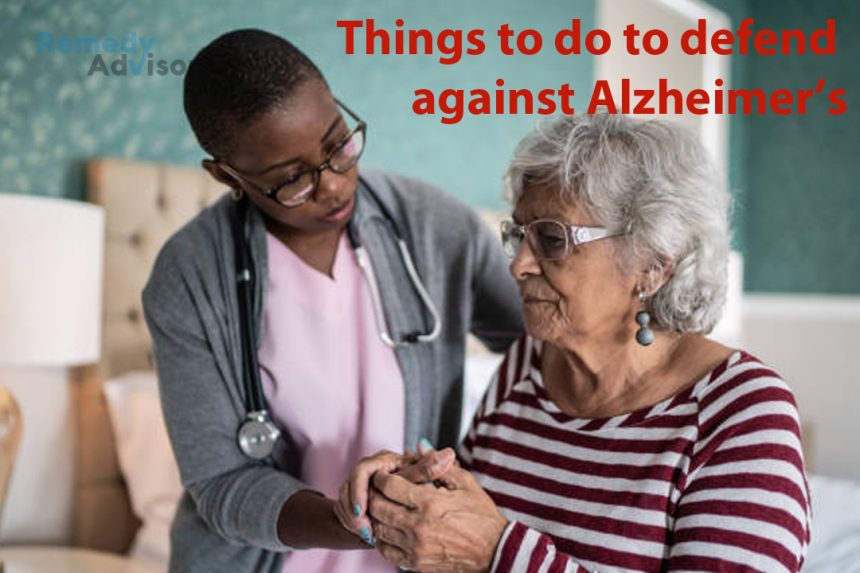Alzheimer’s disease the most common cause of progressive deterioration of mental function now afflicts four million Americans.
For the latest on this devastating illness, we interviewed Dr. Peter V. Rabins, a leader in the field
• What causes Alzheimer’s?
There are several theories. Two of the most widely circulated ones, however, have been largely debunked
• Aluminum
Though high levels of aluminum are often found in the brains of Alzheimer’s patients, there is no evidence that this metal causes the disease. It is safe to use aluminum pans and to drink from aluminum cans.
• Zinc
As with aluminum, there is insufficient evidence to indicate that an excess of dietary zinc causes Alzheimer’s. But one study did find a link between zinc and the clumping of proteins in the brain, a condition associated with Alzheimer’s.
In light of this study, I think it’s prudent to stick to federal guidelines for daily zinc consumption 15 milligrams (mg) for men and 12 mg for women
• If aluminum and zinc aren’t the problem, what is?
Heredity may be to blame. Researchers have identified several different genes for Alzheimer’s, including three that cause the form that strikes before age 65. Researchers have also found a gene that produces a protein called APOE4. A study published in The Lancet suggests that if you inherit a copy of this gene from one parent, you have a 35% chance of developing Alzheimer’s by age 90.
• Is heredity the sole cause of Alzheimer’s?
No. Studies suggest that some cases of Alzheimer’s are associated with
• Head trauma
A history of head injury doubles the chance that you’ll get Alzheimer’s. Thus it’s vitally important to use seat belts, purchase a car with airbags and wear a helmet when riding a motorcycle (or better avoid motorcycles entirely). It’s also a good idea to avoid boxing and other sports that can lead to head trauma.
• Head circumference
Researchers found that people who get Alzheimer’s tend to have smaller heads than those who don’t. If this provocative finding is confirmed, doctors may someday be able to assess a patient’s risk by measuring his/her head circumference and other risk factors.
• Education
Alzheimer’s patients tend to have less formal education than those without the disease. Formal education may delay the onset of the disease by four to five years.
• How is Alzheimer’s diagnosed?
No single test can diagnose Alzheimer’s with absolute certainty. Doctors make a probable diagnosis on the basis of physical, psychological and neurological exams.
First, we perform lab tests to rule out other possible causes of dementia. The list of dementia-causing ailments includes stroke, thyroid disease, liver and kidney disease, vitamin deficiency, depression and long-term use of tranquilizers, antiulcer agents, and anti-hypertensive and heart medications.
If you must take one or more of these drugs, make sure your doctor has prescribed the lowest effective dose.
Next, we observe the patient for signs that the dementia is progressing slowly. Rapidly progressing dementia usually suggests a problem other than Alzheimer’s.
Finally, we look for memory loss plus impairment in one or more areas of mental functioning, such as language, visual perception and the performance of everyday tasks. Alzheimer’s involves a combination of deficits.
• How can I assess my risk of developing Alzheimer’s?
Two experimental tests that have been in the news recently are the…
• Eye drop test

The patient’s eyes are dilated with eye drops. In individuals with Alzheimer’s (or a predisposition to Alzheimer’s), the drops cause the pupils to dilate significantly wider than in people who face little risk of the disease.
Problem: Not everyone with Alzheimer’s has dilated pupils after getting the drops and many people without Alzheimer’s do.
• APOE4 test
Using this blood test, doctors can determine if you have inherited one or more copies of the Alzheimer’s gene.
All it can tell you is that if you inherit two copies of the gene, you’re 2.5 times more likely to get Alzheimer’s than someone who has not inherited this gene.
The real question, of course, is why anyone would want to know his risk of Alzheimer’s since there remains no effective means of preventing the disease.
• What can I do to lower my risk?
Alzheimer’s risk appears to be lower among people who take aspirin, ibuprofen or another non-steroidal anti-inflammatory drug on a regular basis.
• Mental activity helps prevent Alzheimer’s. Is that true?
We don’t know that for sure, but I encourage my friends, family and patients to stay mentally and physically active, just in case.
Reading, doing crossword puzzles or engaging in other mentally demanding activities stimulates your brain cells. This may enhance connections between the cells, slowing the rate of age-associated memory loss.
• What about “smart foods” and “smart drugs”?
Some people have started taking so called cognition-enhancers drugs and nutrients such as deprenyl, DHEA, ginkgo biloba and acetyl-l-carnitine. Unfortunately, there is no substantial evidence that these agents prevent Alzheimer’s.
• Is Alzheimer’s ever reversible?
Despite media reports of miraculous cures, there hasn’t been a single documented case in which someone with Alzheimer’s got better.
Of course, patients misdiagnosed as having Alzheimer’s disease can experience a restoration of memory when the underlying cause typically depression or another medical dis¬ order or drug effect has been controlled.







